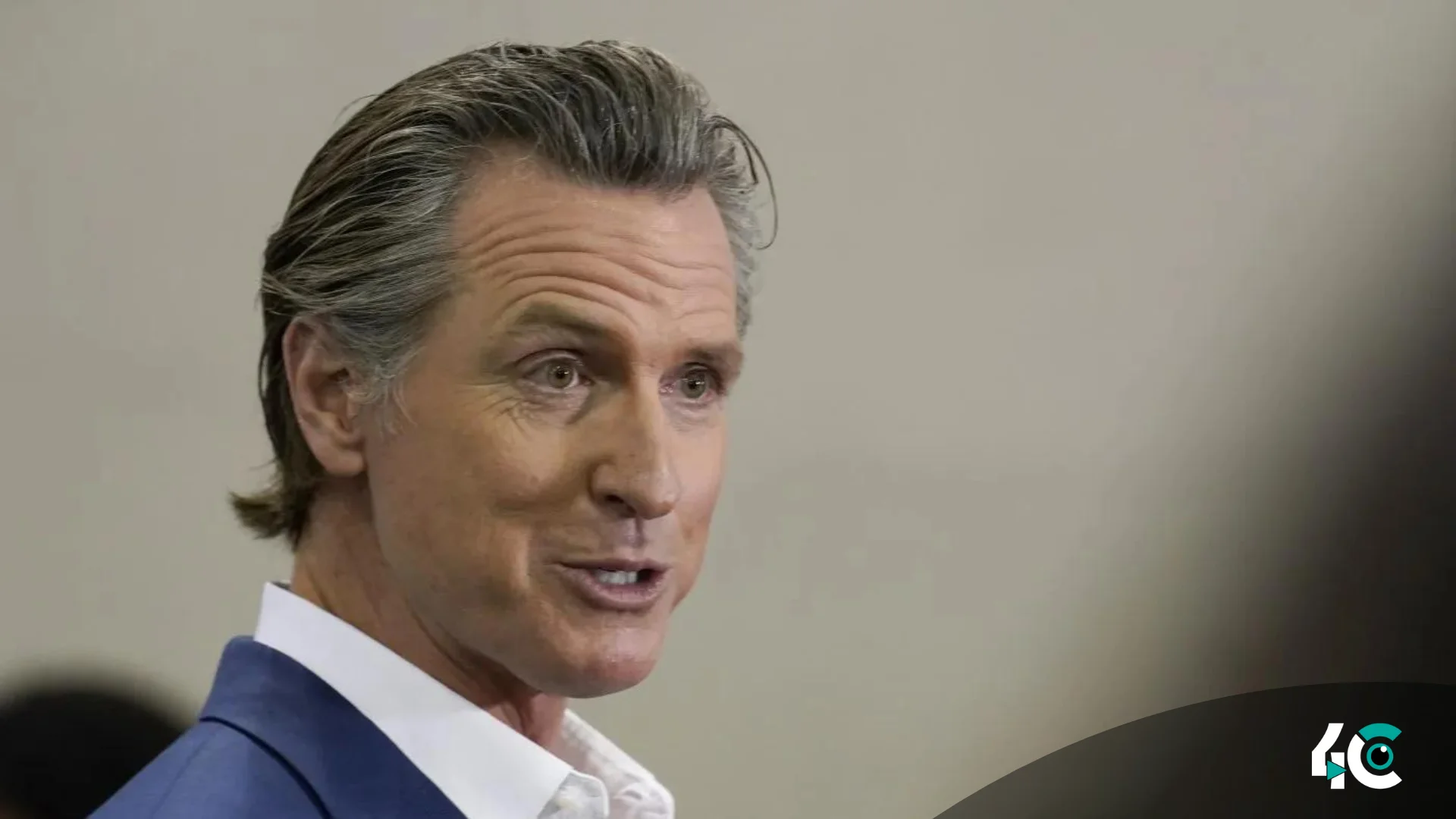California Governor Gavin Newsom signed three important laws aiming at stopping the dissemination of false information in an attempt to address the rising problem of artificial intelligence-generated deepfakes in elections. These fresh actions highlight the potential of deep fakes in political campaigns by following a viral AI-manipulated film that distorted Vice President Kamala Harris.
Extending the prior restriction from 60 days before an election to 120 days, one of the new laws, AB 2839, immediately affects and forbids the knowing dissemination of false AI-generated election materials. The legislation also covers 60 days following the election, therefore extending its influence. AB 2355, another regulation, requires that political advertising changed by artificial intelligence carry clear labels to notify viewers, therefore guaranteeing openness in campaign message.
AB 2655, a third bill that will take effect next year, mandates social media companies with more than one million California users to quickly delete fakes connected to elections. Platforms will have 72 hours to react to claims of misleading content; failure to act within the given period will result in fines.
These rules directly respond to the growing impact of artificial intelligence in political material, especially deepfakes, which may produce very convincing but misleading films or pictures. Speaking at a San Francisco conference where he signed the laws, Governor Newsom underlined the need of keeping public confidence in elections among this technological challenge.
Not everyone is on board with the new legislation, notwithstanding the efforts of the state. Critics, including well-known free speech champions, contend that these rules would violate First Amendment liberties. Already, lawsuits alleging the rules might be used to stifle free expression and satire have been launched; one complaint cites a parody video of Kamala Harris posted by Elon Musk as proof.
Although the legislation permits parody and satire as exclusions, some worry about how it would affect expression and the obligations imposed on social media channels to control material.
These judicial challenges signal the start of what may be a protracted struggle over the harmony between election security and freedom of expression. On the other hand, supporters of the law argue that, particularly in a politically sensitive environment, quick action is required to stop the continuous decline in public trust in the election process.
Other states are probably going to adopt similar innovative rules as California opens the path, trying to solve the political conundrum of artificial intelligence. Though it remains to be seen if these steps will hold up in court, California leads the battle against election deepfakes right now.
































